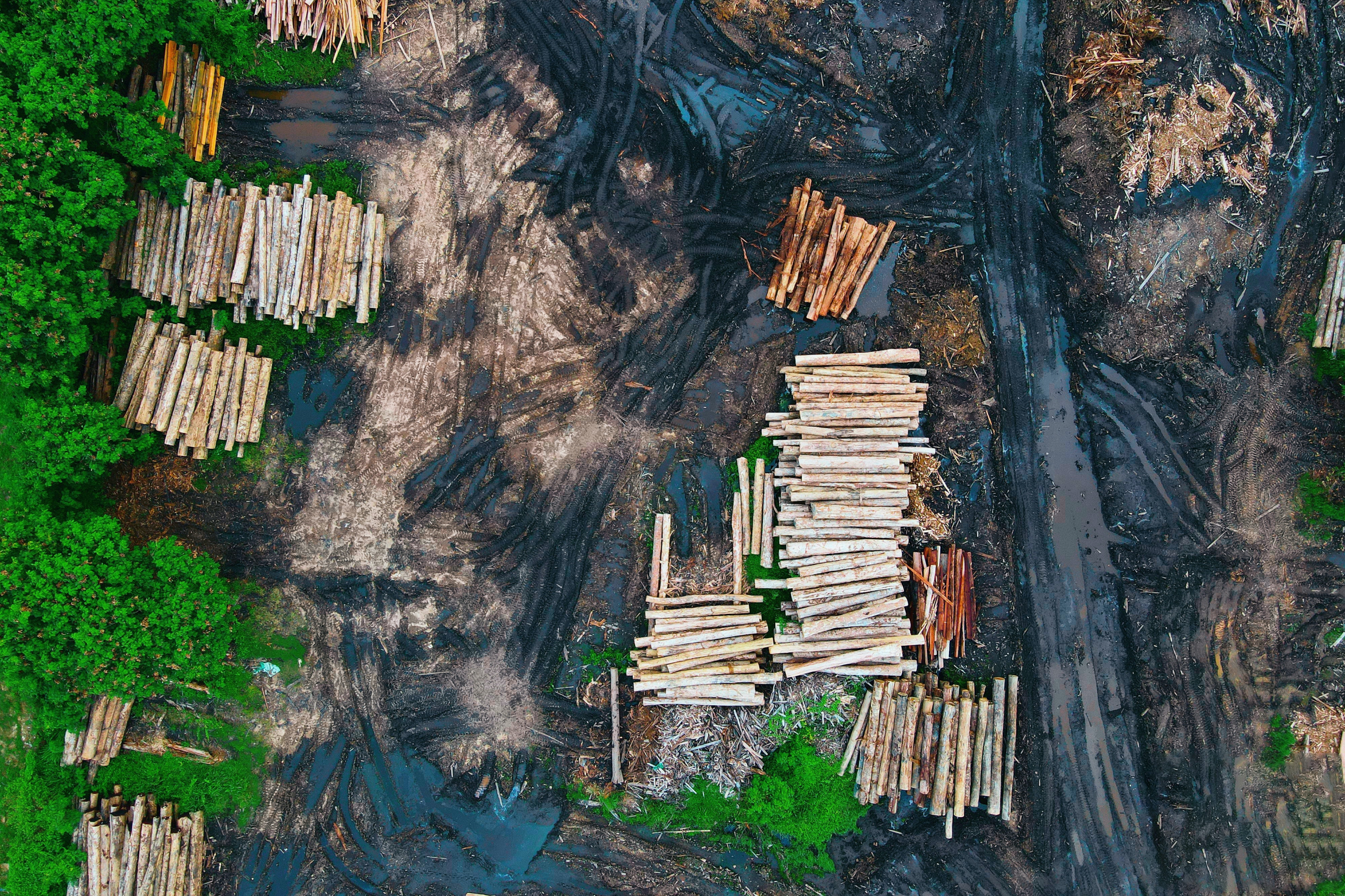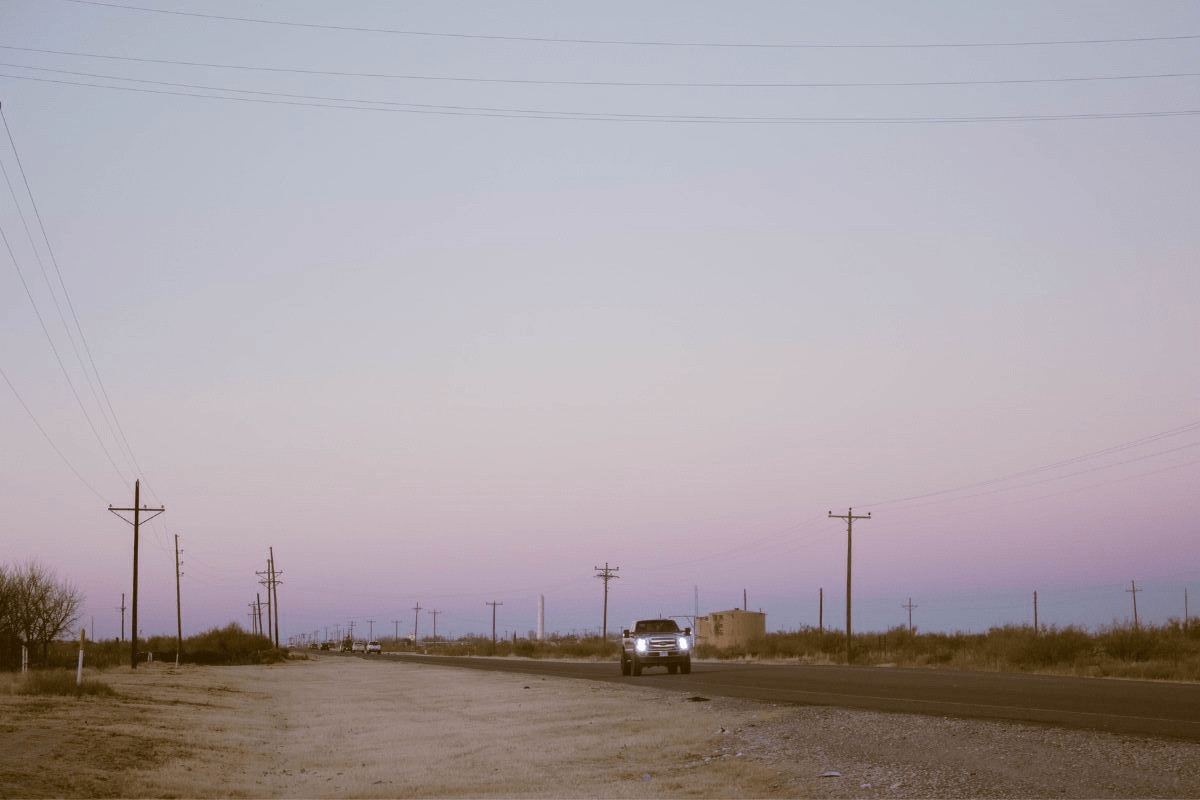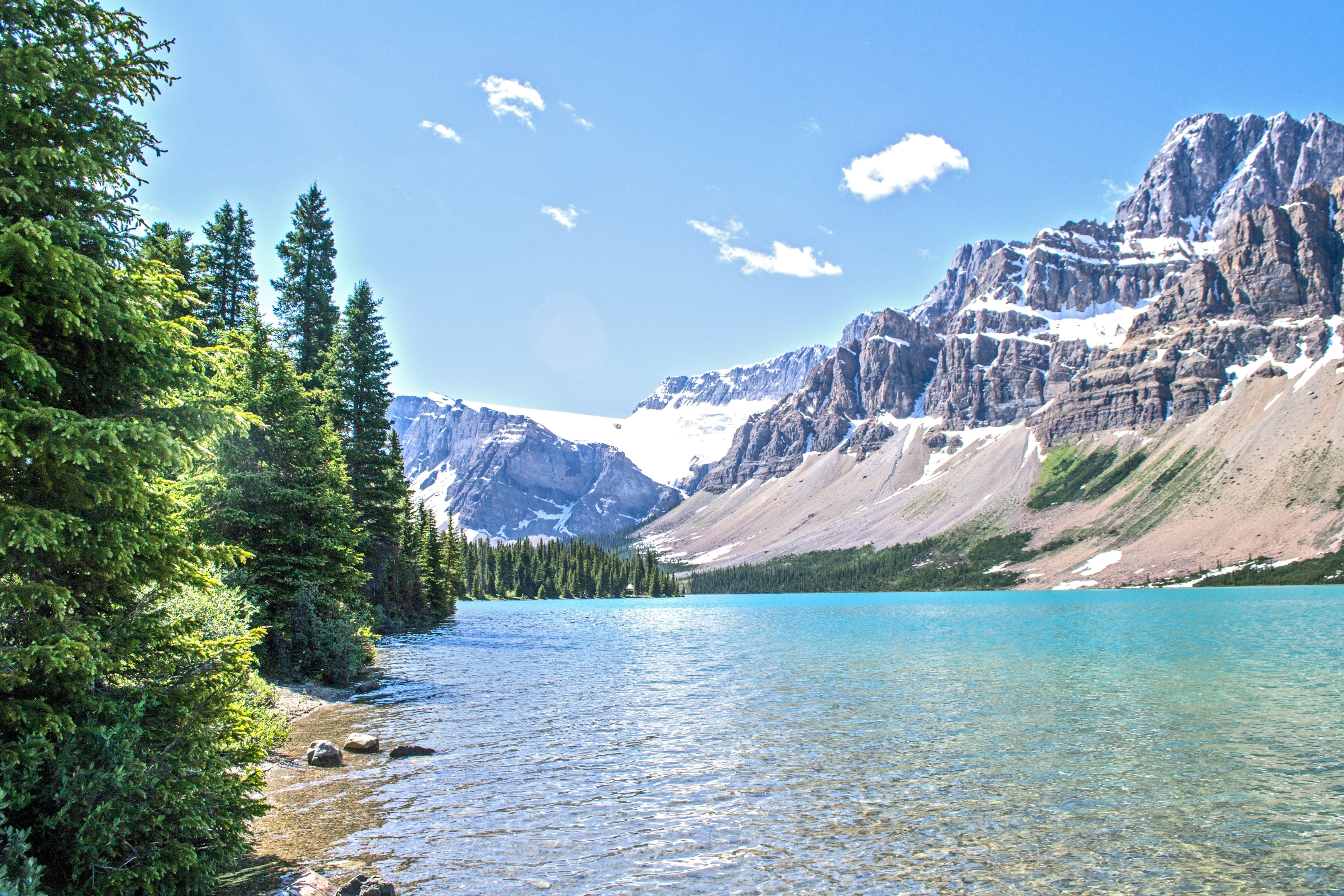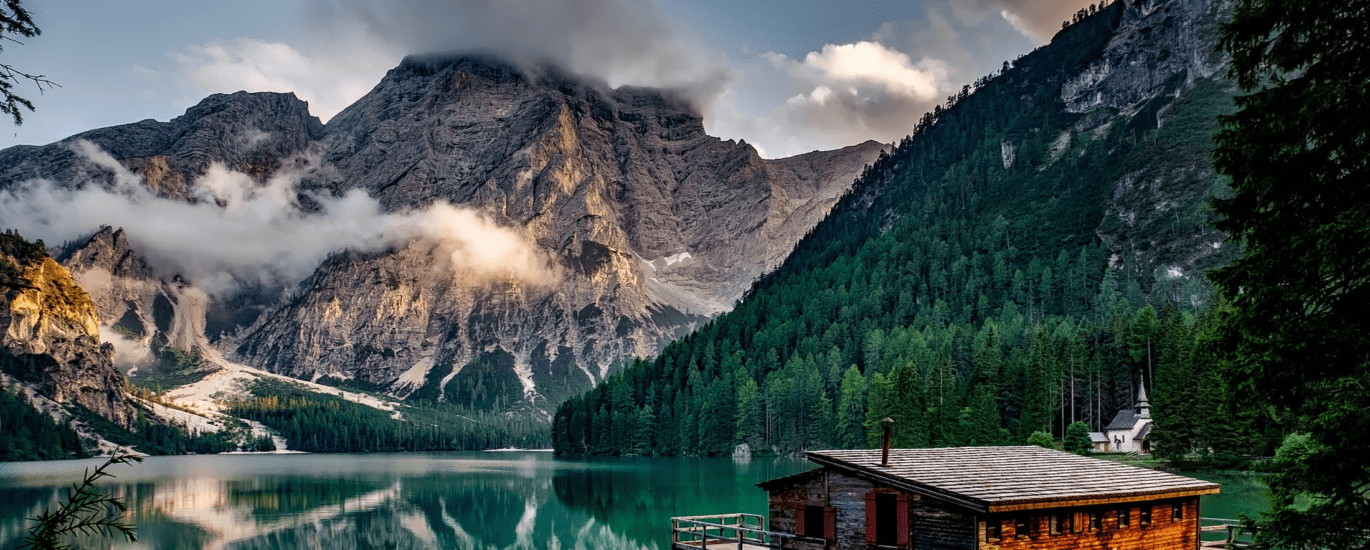Welcome to the extraordinary world of land ownership in Ontario, a province that encapsulates the essence of natural beauty and endless possibilities. With its diverse landscapes, Ontario offers a haven for those seeking to embark on a remarkable journey of acquiring their own piece of land.
Whether you are captivated by the allure of serene countryside, eager to immerse yourself in the vibrant urban scene, or yearning to embrace the opportunities of rural living, or wanting to make a lucrative investment, Ontario presents an abundance of options for prospective land buyers.
Regardless of if you want to buy land in Ontario for personal reasons, or you are purely driven by financial considerations, a piece of land has the potential to yield significant profits and prove to be a lucrative venture. You can buy a vacant or raw land and convert it into whatever you please!
In this article, we will explore the ins and outs of purchasing land in Ontario, equipping you with invaluable insights, and practical tips to make your land-buying experience as seamless and rewarding as possible.
So, let’s embark together on this enlightening expedition, discovering the wonders that await you in the remarkable landscape of Ontario!
What types of land can you even buy in Ontario?
There are three types of land that you can buy in Ontario:
1. Raw land
2. Vacant land (zoned land)
3. Crown land
Raw Land
In the realm of real estate, the term “raw land” refers to undeveloped, untouched parcels of land in Ontario. Unlike developed properties with existing structures or amenities, it represents a blank canvas for potential owners and investors. It embodies the unspoiled beauty of Ontario’s vast landscapes, often characterized by lush forests, rolling hills, or expansive meadows. Raw land in Ontario holds immense potential for a wide range of possibilities, from building your dream home in a secluded countryside retreat to establishing ventures for agricultural purposes or even exploring eco-friendly initiatives.
Is there a downside to purchasing raw land?
Buying raw land might have one downside which is that, they may or may not have ready access to roads, power lines, or phone lines, as it depends on the specific location and surrounding infrastructure.
Some may already have established road access, making them more easily accessible. However, others may require the development of access roads, which can involve additional costs.
Similarly, the availability of power lines can vary, with some areas already having electricity infrastructure in place, while others may require connections to be established. It is essential to thoroughly research and consider these factors when evaluating your options to ensure they align with your needs and plans for development.

Vacant Land (Zone Land)
Vacant land is a type of land typically found in a municipality with existing utilities such as water supply or electricity, but is unoccupied and does not have any existing structures or buildings. This type of land offers a wide range of opportunities for prospective owners and investors.
A vacant land can be a good investment for the same reasons as all real estate purchases. Though we have got a large amount of land here in Canada, there are limited resources in our area.
Vacant land does not provide investors much cash flow upfront, and there is practically unlimited opportunity for improvements to enhance it. Though, buying vacant land may prove to be an excellent option if you are looking for alternatives to housing or if you are interested in property development.
Is there a downside to purchasing vacant land?
Apart from the previously mentioned no upfront income stream, raw land is often much cheaper.
Additionally, vacant land may have specific zoning laws, zoning regulations, restrictions or environmental regulations that limit its usage or development potential.

Crown Land
Most land in Ontario is Crown land and is public property of provincial governments. Nearly every region in northern Ontario is Crown land while southern Ontario is predominantly privately owned land. Crowns have restrictions on their use.
Crown land is either bought or used for specific purposes. Applications for the purchase or exploitation of Crown property are reviewed by the Crown Land Disposition Policy of Ontario, which seeks to ensure the sustainability of the community.
The property of a Crown estate will be redeemed for the full market value, excluding exemptions that permit Crown land to sell for the purpose of benefiting the public.
Purchasing Land in Ontario
As buying land is a relatively new and unfamiliar concept, we will guide you throughout the entire process of acquiring your desired land.
Buying vacant land or raw land
The process of purchasing raw or vacant land is almost the same as the purchase of residential houses. Online listings are also available on land websites.
Once you find a piece of land you are interested in, you can contact your local real estate agent to purchase it, and the bank will be happy to provide you with financial support to finance the acquisition. The process for purchasing vacant buildings and land is quite identical.
In addition to the regular process, before buying a property in Ontario, the land owner must complete land surveys and find its zoning.
Financing for vacant land
You can borrow money to buy land, or use HELOC‘s (Home Equity Line Of Credit) personal or commercial loans.
One substantial negative side of getting financing for a vacant land is the higher down payment rate. A vacancy mortgage generally requires a minimum of 50% down payment, and is likely to have higher interest rates as well!
While the financing for vacant land does not look very appealing, rest assured that it is even worse for raw land! Since it is very expensive and complex to develop them, in the loaner’s eyes, they are unlikely to provide them with a high ROI. Hence the high rates…

Buying or renting Crown land
Crown Land is different than the rest. In order to purchase or rent Crown land, you will be required approvals from forestry ministers. If you intend to build a residential home on Crown property, you can only buy land within a municipality. The cost to acquire or lease land from Crown land is based on the assessed market value of the land. To find out the procedure for buying Crown land, check out Ontario’s official website on Crown land purchases.
What kind of land should you buy?
Raw is cheaper to buy but requires more work too. You must connect to services or utilities, or build it yourself if municipal services are not available. The project could involve constructing wells/tanks for water supply, septic system, and physical access. Vacancy land could cost much more than raw land, but it is significantly easier to finance and develop.
Spend Time Researching
Once you find a piece of land to your liking, spend some time exploring the area. Visit the site personally, review local zoning laws, perform a land survey and check the land itself. Depending on your purposes, you may even want to run a soil test before you purchase land.
Many buyers will often skip a few of these steps. As long as you do your due diligence, run the necessary tests, ask the correct questions, you will be ahead of the curve and succeed in your venture.
Frequently Asked Questions:
Does vacant land have property taxes?
Vacant land located within the municipality or remote land may require some taxes. Municipalities have different property taxes for each property type and property tax rates can vary depending on the value of the property.
How much does 1 acre of land cost in Ontario?
The price can be different depending on its size, location, zoning regulations, but on average 1 acre of land is typically between $4000-$5000 in Ontario.
Do I have to pay sales tax when selling land in Ontario?
Majority of vacant land sales by individuals do not require you to pay Ontario sales tax. You can read more about sales of vacant land by individuals here.

Conclusion
The prospect of buying land in Ontario opens up a world of boundless opportunities and untapped potential. From the serene countryside to vibrant urban centers, Ontario offers a diverse range of landscapes to suit every aspiration.
Remember to conduct thorough research, seek professional advice, and consider your specific needs and goals when evaluating different types of land. Whether you are seeking a personal sanctuary, an entrepreneurial venture, or a long-term investment, Ontario’s land market holds the key to unlocking your dreams. Embrace the journey, seize the possibilities, and embark on an exciting chapter of land ownership in Ontario!







